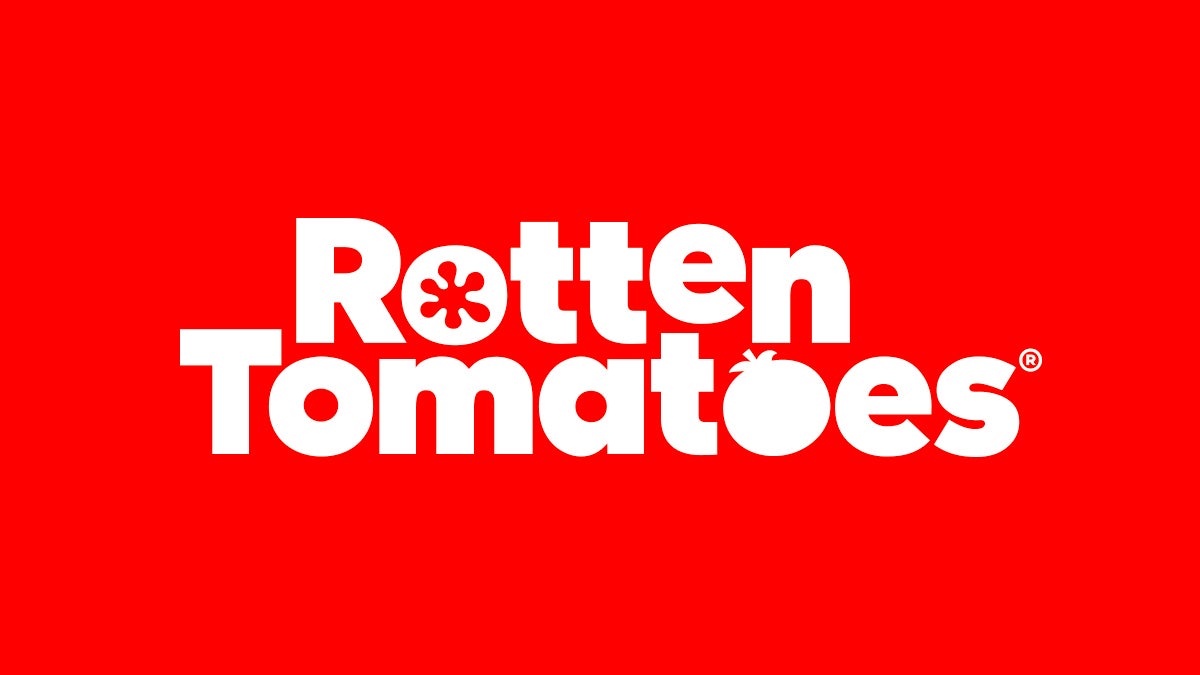- cross-posted to:
- moviesandtv@lemmy.film
- cross-posted to:
- moviesandtv@lemmy.film
Rotten Tomatoes Under Fire After PR Firm’s Scheme to Pay Critics for Positive Reviews Uncovered::A new report details how a PR firm paid off critics to post positive reviews of 2018 drama Ophelia on Rotten Tomatoes, prompting scrutiny over the reviews aggregator.
The title makes it sound like Rotten Tomatoes deliberately did something shady. What actually seems to have happened is:
- Rotten Tomatoes aggregates critic reviews. As far as I know, those critics aren’t really affiliated with Rotten Tomatoes.
- Some of the critics that make up that aggregated rating got bribed to increase their evaluation of the movie.
- Consequently the score on sites that aggregate reviews like Rotten Tomatoes increased.
The corruption of useful information or indexes of useful information continues.
Google Search, aggregated reviews, the Youtube algorithm, etc. They all succumb to corruption, greed and exploitation. Once something is good and useful, it becomes a target.
How does a source of aggregated information overcome becoming a target of corruption?
Thank you. Another post worded it to be RT did this.
- Grab $
- Manipulate critics
- Caviar taste better than tomatoes
Title is misleading. Why Rotten Tomatoes? The bribes went to critics not to the site which is just a critics aggregator.
I mean this was so obvious. Pay for positive critic reviews and call any user reviews that weren’t favourable names.
Bad Boys For Life on 90 score convinced me the site was a fraud. That Shit is unwatchable.
I’ve been using IMDB for the past year or so. Anyone know if they pay for reviews too?
deleted by creator
I think if the site is popular enough it will be a target for shills.
How does something like, say, Wikipedia avoid this issue? Is it because Wikipedia focuses on factuality whereas critic reviews are inherently qualitative/subjective?
Honestly, Wikipedia doesn’t avoid this. People constantly game the rules to remove or change content that doesn’t suit them. I recall an instance where employees of a company were busted editing that company’s page, they were caught because there were so many different editors all from the same corporate IP. And that’s just the low hanging fruit that makes the news - I would wager there’s 10 instances that never get noticed for each one that people spot.
I don’t see why they can’t add that to its page. Document the corporate ips as part of a section on attempts to self-editorialize their wiki articles.
Edit: add them to a Wikiverse-wide digital wall of shame to immortalize their deceptive efforts
Rotten Tomatoes will also stop all new reviews if a movie is bombing. They definitely manipulate their ratings.
Edit Two Rotten Tomatoes employees downvoted this comment.








